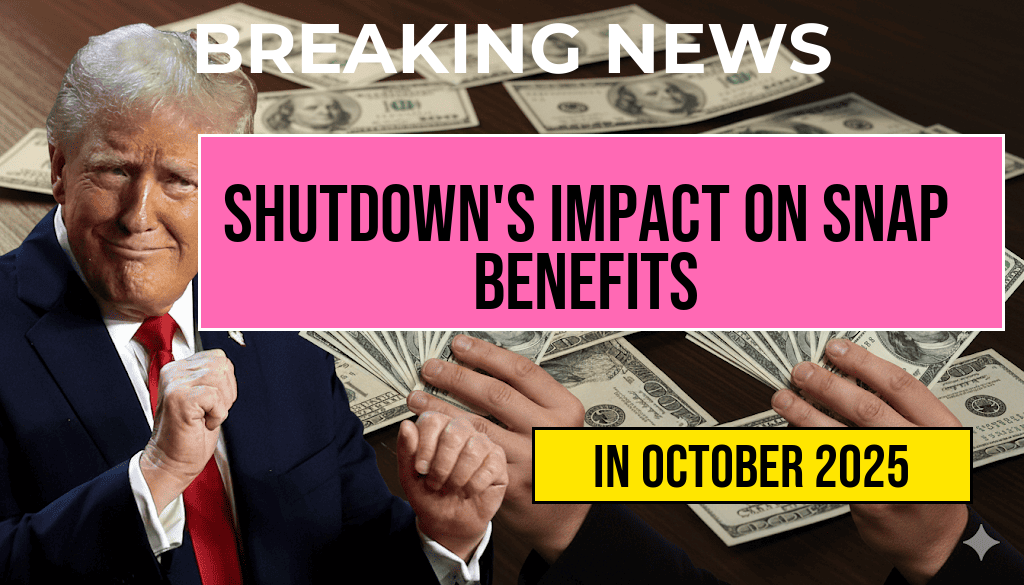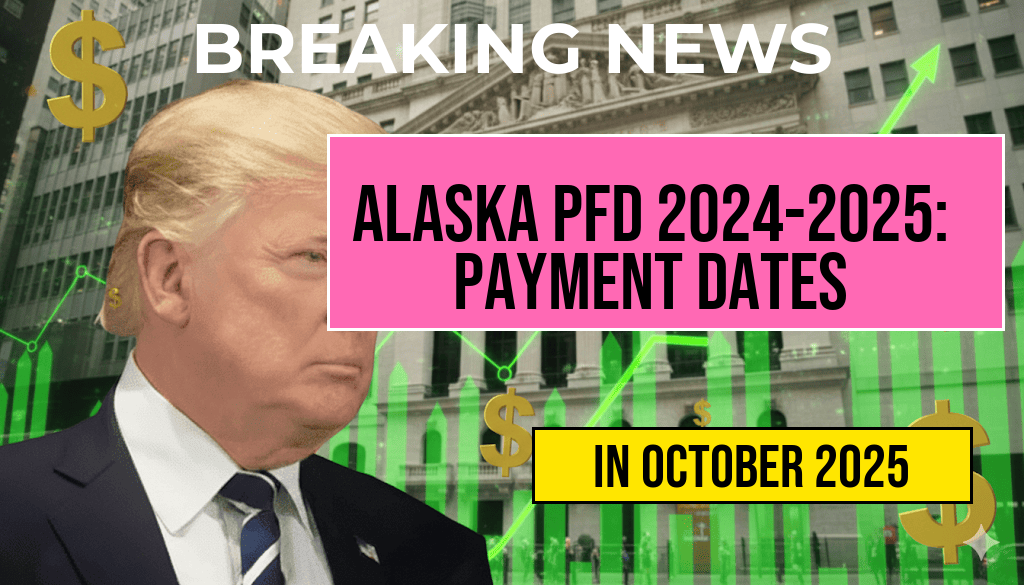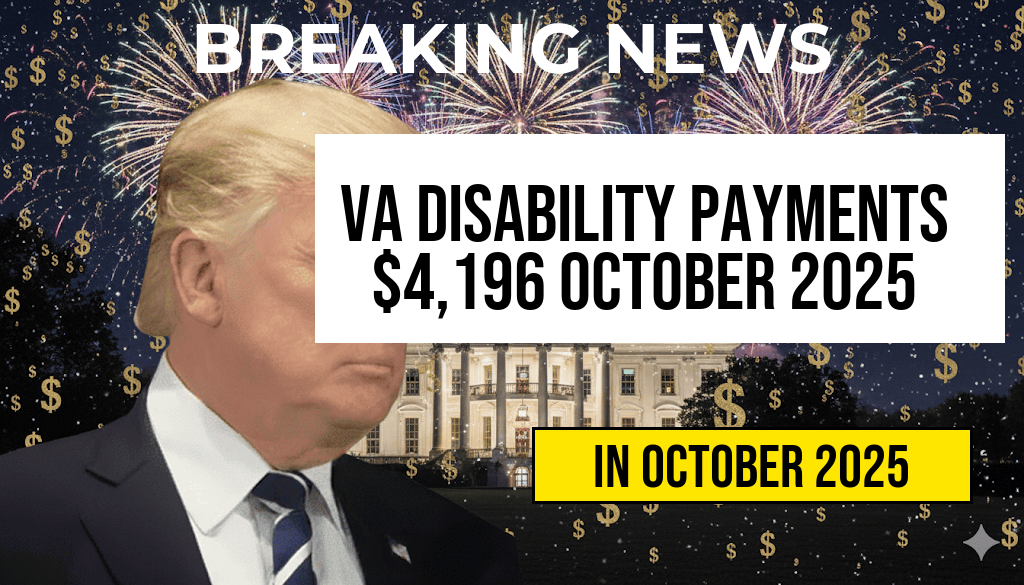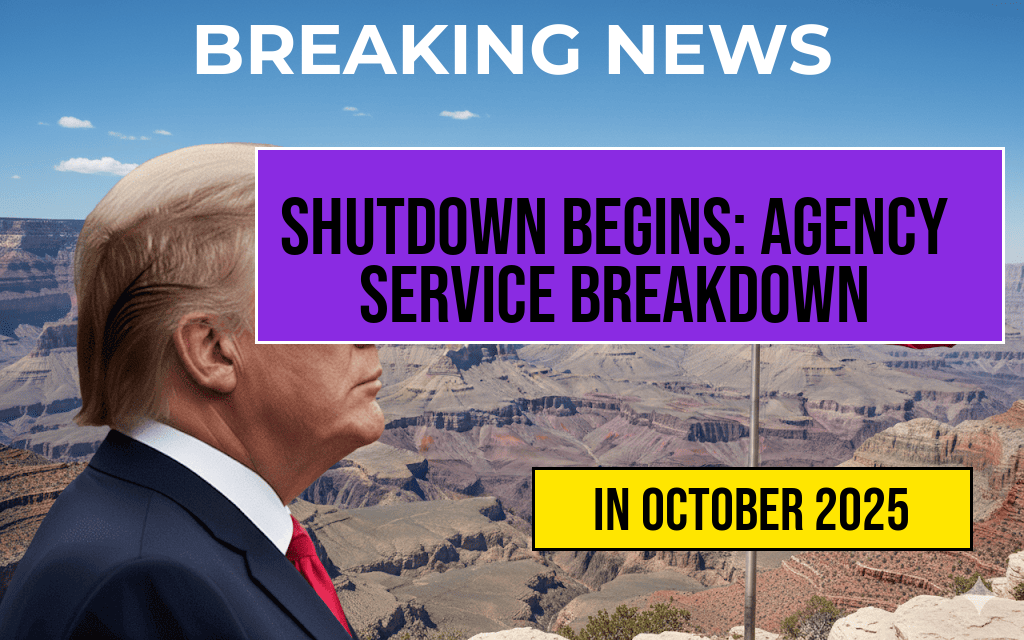The prospect of a federal government shutdown has significant implications across numerous social programs, with Supplemental Nutrition Assistance Program (SNAP) benefits and food stamp initiatives among the most vulnerable. As Congress debates funding measures, concerns mount over how a shutdown could disrupt the delivery of essential food assistance to millions of Americans. During previous shutdowns, delays and reductions in benefit distributions have left low-income households facing heightened food insecurity. Currently, policymakers are examining funding proposals, but if no agreement is reached before the deadline, millions of SNAP recipients could face interruptions in their benefits, potentially leading to increased hunger and hardship. This article explores the possible impacts of a government shutdown on SNAP and food stamp programs, the mechanisms behind benefit distribution, and the broader social implications that could follow.
Understanding SNAP and Food Stamp Programs
The Supplemental Nutrition Assistance Program (SNAP) is the largest federal aid program designed to assist low-income individuals and families in purchasing nutritious food. Administered by the U.S. Department of Agriculture (USDA), SNAP benefits are typically delivered monthly via Electronic Benefit Transfer (EBT) cards, which function like debit cards. The program aims to alleviate food insecurity and support economic stability among vulnerable populations.
Food stamp programs operate similarly, providing eligible recipients with financial assistance explicitly designated for purchasing food. These programs serve approximately 40 million Americans, including many seniors, disabled individuals, and households experiencing economic hardship. The continuity of SNAP benefits depends heavily on federal appropriations, which are usually secured through annual budget agreements.
During government shutdowns, the funding for these programs can become uncertain, especially if appropriations are not extended or passed before the existing funding expires. Since SNAP operates on a fiscal year basis and relies on federal funding, disruptions in appropriations can directly impact benefit issuance and delivery.
Potential Impacts of a Shutdown on SNAP Benefits
Disruption in Benefit Distributions
- Delayed Payments: During past shutdowns, recipients have reported delays in receiving their monthly benefits, sometimes by several days or weeks. These delays occur because the USDA must operate on temporary funding measures or contingency funds, which can be exhausted quickly.
- Reduced Benefit Amounts: In some cases, partial funding may lead to reduced benefit amounts, forcing households to stretch their resources further or go without essential food items.
- Impact on Retailers and Food Vendors: Grocery stores and vendors accepting EBT cards may face operational challenges if card processing systems are affected or if recipients are unable to access their benefits in time.
Risks to Vulnerable Populations
| Population Group | Possible Impact |
|---|---|
| Low-income families with children | Increased food insecurity; possible school meal program disruptions |
| Senior citizens and disabled individuals | Difficulty accessing nutritious food, risking health complications |
| Homeless populations | Heightened risk of hunger and malnutrition |
Broader Social and Economic Implications
The interruption of SNAP benefits during a government shutdown could have ripple effects throughout local economies. Food assistance programs inject billions of dollars into grocery stores, farmers, and suppliers each month. When benefits are delayed or reduced, retail sales decline, which may trigger supply chain disruptions and job losses in the food sector.
Furthermore, increased food insecurity can lead to higher demand for emergency services, healthcare, and social support programs. Studies have shown that inadequate nutrition impairs cognitive development in children, worsens health outcomes among seniors, and exacerbates mental health issues among vulnerable groups.
Government agencies and advocacy groups emphasize that even short-term benefit disruptions can have lasting effects, especially for households living paycheck to paycheck. The Congressional Budget Office (CBO) estimates that a prolonged shutdown could push millions more into hardship, underscoring the importance of timely funding approval.
Legal and Policy Responses
In past shutdown scenarios, Congress has occasionally passed temporary measures to fund essential social programs, including SNAP, to prevent immediate disruptions. These measures often rely on continuing resolutions or emergency funding bills. However, the effectiveness of such measures depends on the scope and timing of congressional action.
Recent legislative discussions have focused on protecting SNAP benefits during potential shutdowns, recognizing the program’s critical role in maintaining food security. Some lawmakers advocate for legislation that would automatically extend benefits or fund them through alternative mechanisms, ensuring that recipients do not face interruptions regardless of political gridlock.
Resources such as the USDA’s official website provide updates on program funding and operational status during shutdown periods, offering guidance to affected households and service providers (USDA SNAP Emergency Benefits).
What Recipients Should Know
- Stay Informed: Check official USDA and state agency communications for updates on benefit issuance during a shutdown.
- Plan Ahead: If possible, stock up on essential food items in advance of potential delays.
- Seek Assistance: Contact local social service agencies or food banks if benefits are delayed or insufficient to meet needs.
The upcoming weeks will determine whether legislative actions can avert a shutdown or if millions of Americans will face the fallout of disrupted food assistance. Ensuring the stability of SNAP benefits remains a priority for many advocates, policymakers, and community organizations committed to reducing hunger and promoting economic resilience amid political uncertainties.
Frequently Asked Questions
How will the government shutdown affect SNAP benefits and food stamp programs?
The government shutdown may lead to disruptions in SNAP benefits, potentially causing delays or reductions in assistance for eligible individuals and families depending on federal funding continuity.
Will SNAP recipients still receive benefits during a shutdown?
During a government shutdown, some SNAP recipients may experience delays in benefit issuance if federal agencies run out of funding, but emergency provisions often aim to maintain benefits for a limited period.
What are the potential impacts on food stamp programs?
The food stamp programs could face funding shortages, leading to reduced benefit amounts or temporary suspension of new enrollments until federal funding is restored.
Are state agencies able to continue administering SNAP benefits during a shutdown?
State agencies may continue to administer SNAP benefits using existing funds, but their ability to process new applications or issue benefits could be limited if federal support is interrupted.
What should SNAP beneficiaries do if their benefits are delayed or reduced?
If benefits are delayed or reduced, SNAP recipients should contact their local assistance offices for guidance and explore emergency food resources until normal services are restored.








